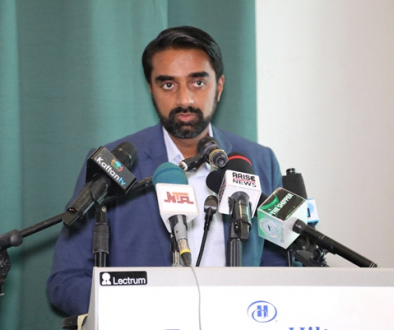Nigeria’s Business Environment
Source: Fund for Peace
The chart above demonstrates the long-term trends, year-to-year, for the Social and Economic Indicators for Nigeria. Upward movements represent worsening trends, while downward movements represent improving trends.
| Selected Indicators for Nigeria in 2014 | ||||
| Source | Index | Rank | Countries surveyed | |
| 1 | Fund for Peace | Fragile States Index | 99.7 | 178 |
| 2 | Transparency International | Corruptions Perceptions Index | 136 | 174 |
| 3 | Reporters Without Borders | Press Freedom Index | 112 | 180 |
| 4 | World Bank | Doing Business Index | 170 | 189 |
| 5 | Economist Intelligence Unit | Business Environment | 76 | 82 |
A cursory look at any global socio-economic or business environment ranking shows that Nigeria’s performance leaves much to be desired. Although the World Bank’s 2015 Doing Business Report shows a slight improvement in the overall rankings from Nigeria i.e. from 175th in 2014 to 170th in 2015, Nigeria’s performance slipped in measures such as getting electricity and enforcing contracts and it remains consistently one of the worst countries to register property (185th out of 189 countries).
There is a worsening trend in social and economic indicators including inequality, numbers of internally displaced persons and exchange rates. Coupled with the uncertainties surrounding the postponed elections and a fall in oil fortunes, this is resulting in an increase in sovereign risks with attendant increase in the yields for government bonds, which dissuades corporates from raising funds through the bond market, the flight of portfolio foreign investment, and hesitance on the part of new investors.
In sum, Nigeria has work to do and attention needs to be drawn to the need for structural reforms that are needed to sustainably improve the business environment and provide impetus for inclusive growth and investment. Beyond low hanging fruits such as providing funds to SMEs through YouWin, the government needs to commit to structural reforms including enforcing the rule of law, ensuring territorial security, civil service reform, property law reviews, independence of judiciary, and fiscal rectitude etc.




